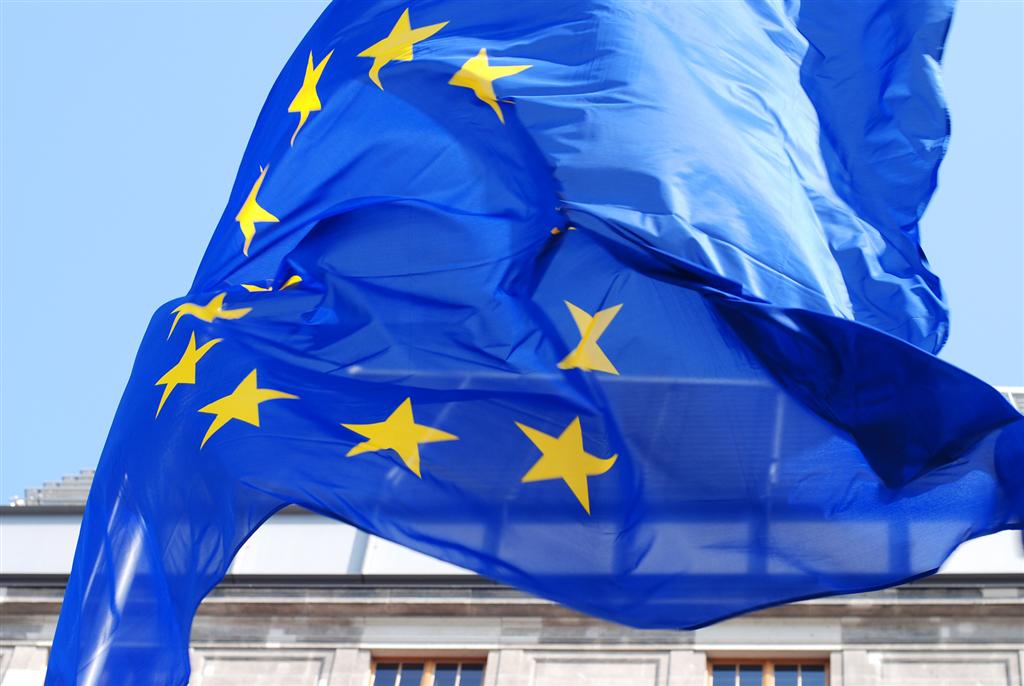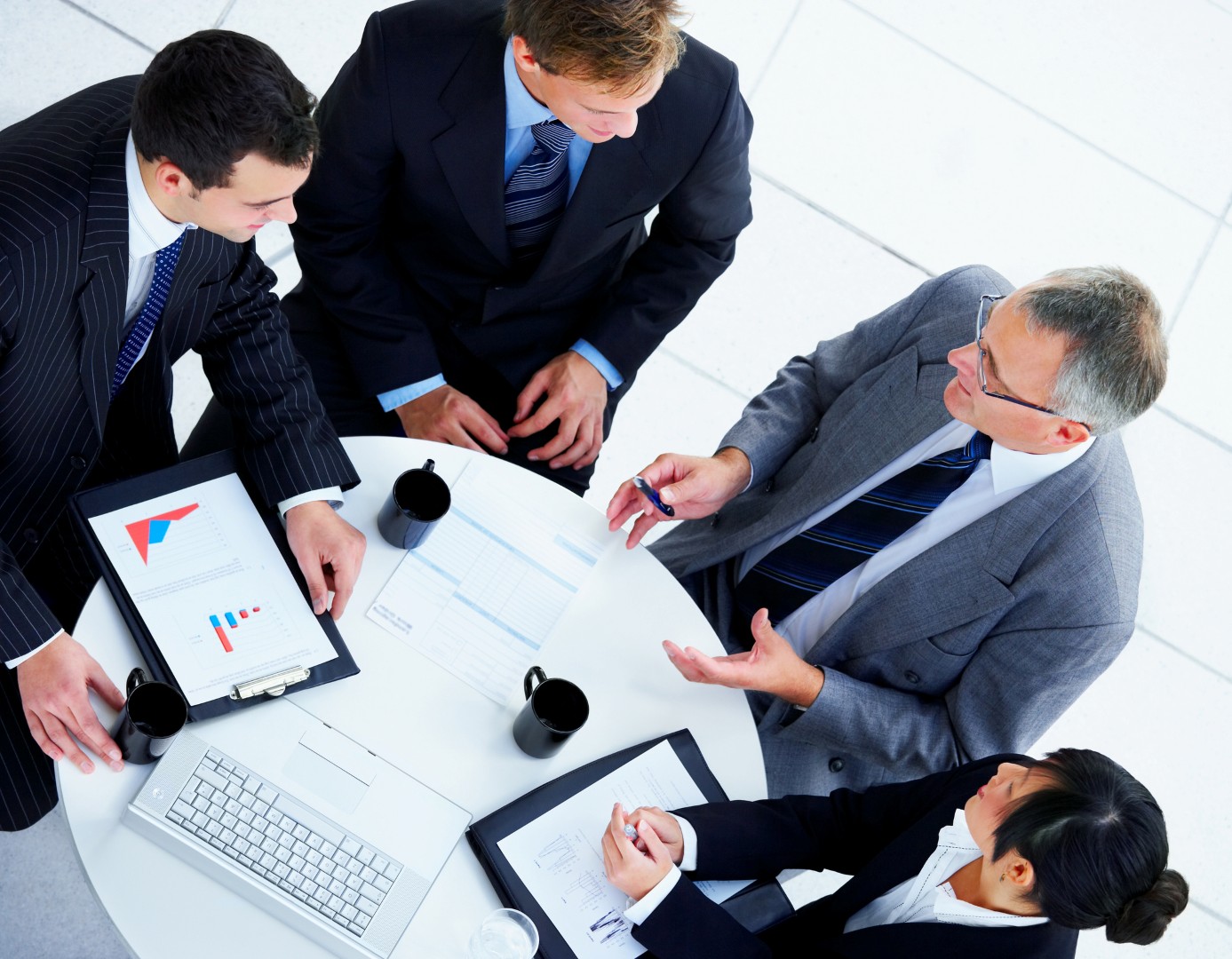How to explain what lobbying is all about “en français”?
This summer time I was Asked to write an Article for the online outlet catholic ” Acting informed Christians “as (Belgian) readers of this publication Were curious to know more about the concept of lobbying Given the bad picture somehow That the HAS activity in the country.
So, I Had to think about the basics of my day job and by doing so I found it refreshing to 1. Apparently still be ble to explain in simpler terms what so; many of us do in Brussels 2. hopefully manage to Convince share of the Belgian catholic community That There Are some prejudices against lobbying demystify All which are worth.
Here is the full article and below some extracts of it – all in French … et donc bonne lecture aux francophones parmi vous!
BTW – just read a very interesting speech of Commissioner Šefčovič , back in June Have you spoke about transparency and integrity in lobbying. Very interesting remarks: such as ” lobbying not Just About Trying to impose big business on the agenda icts Lawmakers altho this is the perception Many people have. Nowadays, lobbying can come from everyone: from religious groups to law firms, think tanks to NGOs, from cities to trade unions, industry associations to advocacy groups. It Represents – Represent and shoulds -. The whole diversity of our societies “
What is lobbying?
The definition of interest representation (lobbying) is given by the European Institutions “all activities aimed at influencing policy and decision-making processes of the European institutions.”
Is it desirable?
Yes. European policy makers (and I think the MEPs in particular) are normally except for rare exceptions, general and therefore do not have technical expertise on subjects about which they are legislating. They need the expertise and opinions of various stakeholders to make informed choices. Different interests bring their views on the impact of individual measures (directives, regulations etc..) Could have on society, the environment, the economy, employment etc.. and express their suggestions and wishes . It will then be the legislator, and alone to decide.
I think that democracy needs this mechanism: it is desirable that stakeholders can express themselves and give their opinions to policy makers. The final text will necessarily be a compromise, it will be fed from these exchanges.
Manufacturers are the only ones to have the means to lobbying?
No. There is a persistent prejudice about business: it is believed that they are the ones who are most present on the European stage and that their interests are always triumph. To demystify this preconceived idea, here the data are on the European Transparency Register above. At 24 July 2013 there were 5872 registered organizations on the register. The figures speak for themselves:
– 684 Professional consultancies / law firms / consultants acting as independents
– 2925 house lobbyists and trade associations
– 1527 Non-Governmental Organizations
– 424 Think tanks, research organizations and academic institutions
– 40 Organisations representing churches and religious communities
– 272 Organisations representing local, regional and municipal authorities, other public or mixed entities, etc..
Is that companies, through their financial resources, have more influence over NGOs?
No. I think the only real asset in a campaign to lobby the quality of the argument. Even the most sophisticated tools can not be impactful if the arguments are not well founded. There are examples of lobbying campaigns organized by NGOs with limited resources, which were crowned success.
Is that lobbying tools have evolved?
Yes. There are years, policymakers are met face to face and we had our views on a one-page document. Now campaigns can rely on various tools – including social media to engage and influence the public and key audiences. I mention social media in particular because in 2011, the company I work for has conducted a study on the use of internet by MEPs . We found that 34% of MPs use twitter to communicate and 67% use Wikipedia at least once a week to inform and feed their views. It is also through social media that can convey a message.
Teresa Calvano
2 Comments
Find Out More
-
Are you fit for 2024? Communicating in a year of change
February 27, 2024





October 02, 2013 | 11:24 AM
Interesting post by our colleague Teresa on how to explain what lobbying is all about “en français” http://t.co/yEZsTXcrgu #FH
September 30, 2013 | 8:40 PM
How to explain what lobbying is all about “en français”? http://t.co/01MNxN0fOq [EuroTwittering]